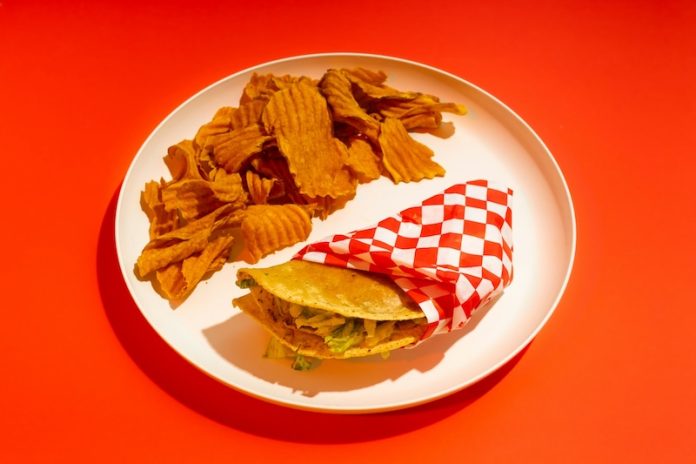
High blood pressure, or hypertension, is a common health issue affecting millions of people worldwide. It’s a leading risk factor for heart disease and stroke, making it essential to manage effectively.
While many factors contribute to high blood pressure, diet plays a major role. Certain foods can make hypertension worse, while avoiding them can help control and even lower blood pressure levels.
The Role of Salt
Salt is one of the biggest contributors to high blood pressure. Sodium, a key ingredient in salt, causes the body to retain water, which increases the volume of blood in your arteries.
This added strain raises blood pressure and puts extra stress on the heart. Most people consume far more sodium than they need, mainly through processed and packaged foods.
The American Heart Association recommends keeping sodium intake below 2,300 milligrams a day, with an ideal target of 1,500 milligrams for adults, especially those with hypertension.
Foods like chips, canned soups, frozen meals, and even items like canned vegetables and salad dressings often contain high levels of salt. Choosing fresh ingredients or low-sodium versions of these products can make a big difference.
Unhealthy Fats
Saturated and trans fats can also contribute to high blood pressure by causing plaque to build up in the arteries. This buildup narrows the arteries, making it harder for blood to flow and raising blood pressure.
Foods high in these unhealthy fats include red meat, full-fat dairy products, butter, cheese, fried foods, and many baked goods.
To protect your heart, replace these fats with healthier options. Opt for lean proteins like chicken or fish, use plant-based oils such as olive or canola oil, and snack on nuts or seeds instead of processed treats.
Alcohol and Blood Pressure
Drinking too much alcohol can raise blood pressure and damage the heart over time. While moderate drinking may have some health benefits, heavy alcohol consumption is harmful, particularly for those with hypertension.
Moderation means no more than one drink per day for women and two drinks per day for men. If you have high blood pressure, limiting alcohol or avoiding it altogether is the safest choice.
Caffeine’s Temporary Effect
Caffeine can cause a temporary spike in blood pressure, especially for people who don’t consume it regularly.
While moderate coffee or tea consumption is generally safe, it’s a good idea to monitor how caffeine affects your blood pressure. Cutting back on caffeinated drinks might be beneficial if you notice a consistent increase after drinking them.
The Impact of Added Sugars
Diets high in added sugars, particularly from sugary drinks like soda, can lead to weight gain, which in turn increases blood pressure.
High-fructose corn syrup and other sweeteners in processed foods can also raise blood pressure levels. Instead of sugary snacks or beverages, try fresh fruits, which provide natural sweetness along with fiber and antioxidants.
Making Smarter Choices
While these general guidelines apply to most people, individual reactions to foods can vary. What raises blood pressure in one person might not have the same effect on another.
However, following a balanced diet rich in fruits, vegetables, whole grains, and lean proteins is a good starting point for anyone managing hypertension.
Monitoring and Consulting
It’s also important to regularly monitor your blood pressure and consult with a healthcare provider about your diet and lifestyle. A tailored plan that fits your specific needs and preferences can be the most effective way to manage blood pressure.
The Bottom Line
High blood pressure can be managed with a combination of dietary changes and healthy lifestyle habits.
Reducing salt, unhealthy fats, added sugars, and alcohol, while being mindful of caffeine, can help lower blood pressure and reduce the risk of complications like heart disease. Small, consistent changes in your diet can lead to better heart health and overall well-being.
If you care about blood pressure, please read studies about unhealthy habits that could increase high blood pressure risk, and eating eggs in a healthy diet may reduce risks of diabetes, high blood pressure.
For more information about blood pressure, please see recent studies that early time-restricted eating could help improve blood pressure, and results showing 12 foods that lower blood pressure.
Copyright © 2024 Knowridge Science Report. All rights reserved.



